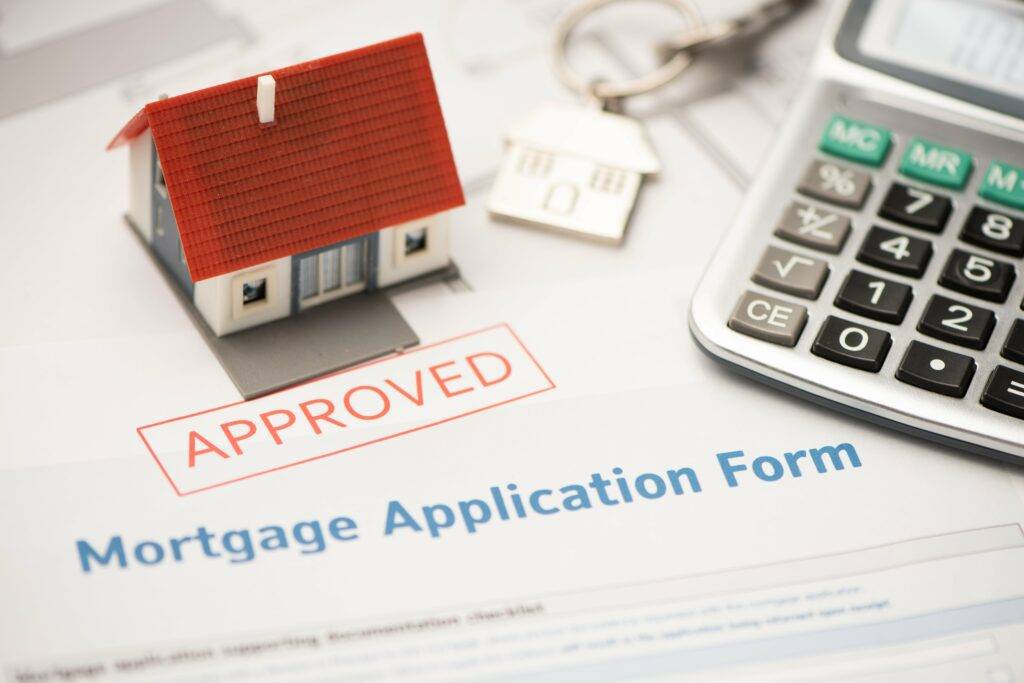Mortgage Loans in Ghana:
Overview, Characteristics, and Relevance
Introduction
Mortgage loans are essential financial instruments that help individuals and
businesses in Ghana acquire real estate, such as homes or commercial
properties. As a secured loan type, mortgages allow borrowers to use the
purchased property as collateral while repaying the loan over an extended
period. The housing sector in Ghana is pivotal for social and economic
development, and mortgage financing plays a key role in addressing the
country's housing deficit.
Definition of Mortgage
Loans A mortgage loan is a type of secured loan used to purchase or
maintain real estate, where the property itself serves as collateral. The
borrower receives funds from a lender and agrees to pay back the amount
borrowed, with interest, over a predetermined period. Failure to meet repayment
obligations can result in the lender foreclosing on the property to recoup the
loaned funds.
Characteristics of
Mortgage Loans
- Long-Term Financing: Mortgage loans in Ghana
typically range from 5 to 30 years, providing borrowers with the
flexibility of extended repayment periods.
- Fixed and Variable Interest
Rates:
Mortgages may have fixed interest rates, which remain constant throughout
the loan term, or variable interest rates, which fluctuate based on market
conditions.
- Amortization: Payments are usually
structured so that each installment covers both principal and interest,
ensuring the loan is fully paid off by the end of the term.
- Down Payment Requirement: In Ghana, mortgage lenders
often require borrowers to make a down payment, usually between 10% to 30%
of the property’s purchase price, to reduce risk.
- Collateral-Based: The property being purchased
acts as collateral, which provides security to the lender. In the event of
non-repayment, the lender can repossess and sell the property.
- Eligibility Criteria: Borrowers must meet specific
income, employment stability, and creditworthiness criteria to qualify for
mortgage loans.
- Documentation: Obtaining a mortgage
requires significant documentation, including proof of identity, income,
employment, property valuation reports, and title deeds.
- Insurance Requirements: Lenders may mandate
borrowers to take out mortgage insurance to protect the lender's interests
in case of default or property damage.
Types of Mortgage Loans
in Ghana
- Fixed-Rate Mortgages: The interest rate remains
constant throughout the life of the loan, providing stability in monthly
payments. These are preferred by borrowers who want predictable payments.
- Adjustable-Rate Mortgages
(ARMs):
The interest rate can change periodically based on market trends. While
initial rates may be lower, ARMs carry the risk of higher payments if
interest rates increase.
- Government-Sponsored
Mortgages:
The Government of Ghana, through initiatives like the National Housing
Fund and partnerships with private banks, offers subsidized mortgage loans
to make homeownership more accessible.
- Commercial Mortgage Loans: These loans are tailored for
businesses seeking to purchase or develop commercial properties.
- Interest-Only Mortgages: Initially, borrowers only
pay interest, which lowers monthly payments. After a specified period,
repayments increase to cover both interest and principal.
Importance of Mortgage
Loans in Ghana
- Promotes Homeownership: Mortgages make it possible
for individuals and families to own homes, which boosts quality of life
and social stability.
- Supports Economic Growth: The mortgage market
contributes to economic growth by stimulating the construction industry,
creating jobs, and increasing demand for building materials.
- Addresses Housing Deficit: With an increasing urban
population, mortgage loans help meet the high demand for affordable
housing in Ghana’s cities and towns.
- Encourages Financial
Inclusion:
Mortgages promote financial inclusion by enabling a broader section of the
population to participate in homeownership.
- Long-Term Wealth Building: For individuals, owning
property through mortgages can be a means of accumulating wealth, as
properties tend to appreciate over time.
Challenges in the
Mortgage Loan Market in Ghana
- High Interest Rates: Compared to developed
countries, mortgage interest rates in Ghana can be relatively high, making
affordability a concern for potential borrowers.
- Stringent Eligibility
Criteria:
Income verification and credit score requirements can exclude a
significant portion of the population from accessing mortgage financing.
- Limited Access to Formal
Financing:
Many Ghanaians, particularly those in informal employment, face
difficulties securing mortgage loans due to inconsistent income streams.
- Inadequate Housing Supply: The supply of affordable
homes is limited, making it challenging for many to find properties within
their budget.
- Lengthy Documentation
Process:
The mortgage application process can be lengthy and bureaucratic, which
may deter potential borrowers.
- Currency Risks: For mortgage loans
denominated in foreign currency, fluctuations in exchange rates can pose
significant risks to borrowers.
Key Mortgage Lenders in
Ghana
- Ghana Home Loans: A major provider
specializing in residential mortgage financing.
- GCB Bank: Offers a variety of mortgage
options, including fixed-rate and variable-rate mortgages.
- Stanbic Bank Ghana: Provides mortgages with
competitive interest rates and flexible terms.
- Ecobank Ghana: Offers home financing
solutions aimed at different segments of the market.
- Republic Bank Ghana: Known for offering mortgages
tailored to individual and business needs.
Government Initiatives
to Support Mortgages The government has taken steps to support
mortgage financing and homeownership through:
- National Housing Fund: Provides subsidies or lower
rates to make mortgages more accessible.
- Affordable Housing Schemes: Initiatives aimed at
constructing affordable housing units for the average Ghanaian.
Conclusion
Mortgage loans in Ghana are vital for addressing the country’s growing demand
for housing and enhancing the standard of living. While challenges such as high
interest rates and limited access to formal credit persist, ongoing government
and private sector efforts are gradually improving the landscape. With further
financial inclusion measures, more Ghanaians will be able to achieve the dream
of homeownership, contributing positively to economic development and social
stability.


